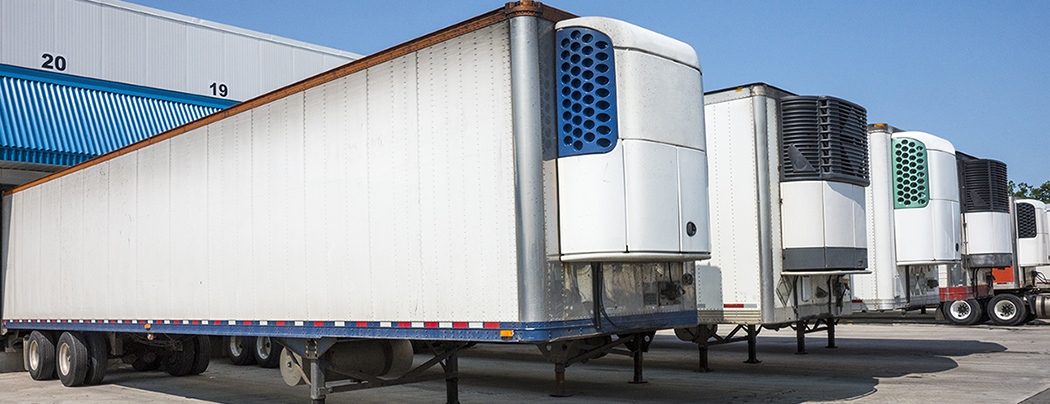The global food supply chain is a complex network that connects farmers, producers, distributors, and retailers to ensure the availability of food for consumers worldwide. Within this intricate system, refrigerated transportation plays a vital role in maintaining the freshness, quality, and safety of perishable goods. This article explores the significance of refrigerated transportation in the global food supply chain.
The perishable goods industry has experienced a transformative shift, thanks to the advent of the refrigerated transport company. This article explores the profound impact of refrigerated transportation on the growth and development of the perishable goods sector. By revolutionizing the way temperature-sensitive products are transported, refrigerated transportation has opened new avenues for market expansion, increased food availability, and fostered economic growth.
Perishable food products such as fruits, vegetables, dairy, meat, and seafood require specific temperature and humidity conditions to preserve their freshness and quality. Refrigerated transportation, including trucks, ships, and planes equipped with temperature-controlled environments, ensures that these goods remain in optimal conditions throughout their journey. By maintaining consistent low temperatures, the growth of bacteria and other microorganisms is slowed down, extending the shelf life of these perishables.
One of the major challenges in the food supply chain is reducing food waste. According to the Food and Agriculture Organization of the United Nations, approximately one-third of all food produced for human consumption is lost or wasted. Refrigerated transportation plays a crucial role in minimizing food waste by preventing spoilage and extending the lifespan of perishable goods. By maintaining appropriate temperatures, refrigeration technology slows down the natural decay process, preserving the nutritional value and freshness of food products. This allows for longer transportation times and enables perishable goods to reach distant markets without significant degradation.

Refrigerated transportation enhances food security by enabling the availability of a diverse range of food products throughout the year. It allows farmers and producers to expand their markets beyond local boundaries, reaching consumers in different regions and even across continents. By connecting food-producing regions with areas of high demand, refrigerated transportation helps to mitigate seasonal and geographical limitations. This ensures a more stable food supply and reduces the dependence on a single source for specific perishable goods. Moreover, refrigerated transportation facilitates international trade, allowing countries to exchange their agricultural products and improve food security by diversifying their food sources.
Refrigerated transportation plays a pivotal role in the global food supply chain, maintaining the freshness, quality, and safety of perishable goods. By reducing food waste, improving food security, and enabling international trade, a good business that does refrigerated transport ensures a steady supply of diverse and nutritious food products for consumers around the world. It is an essential component in supporting sustainable and resilient food systems.

